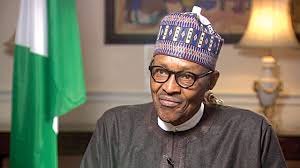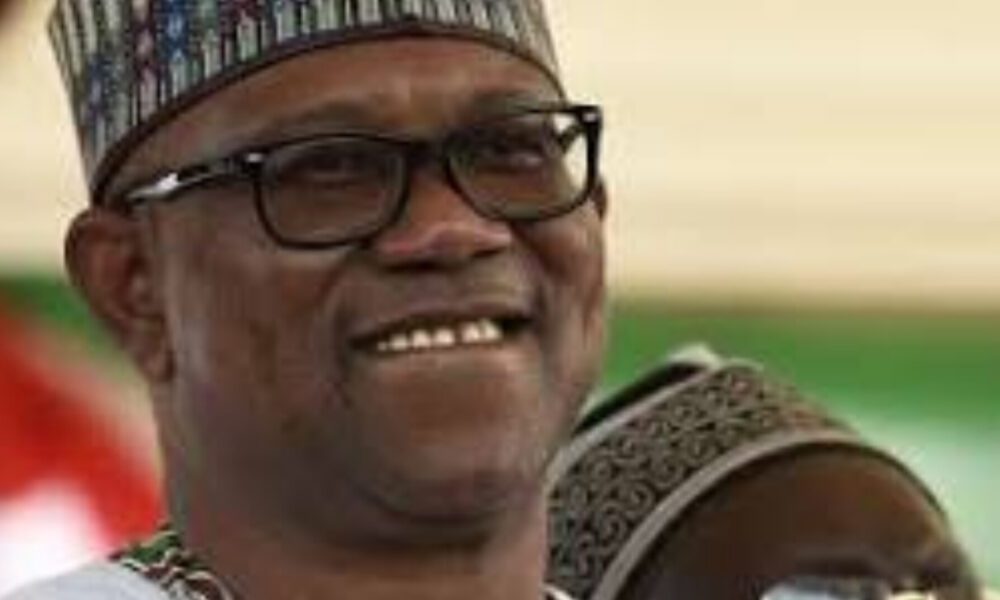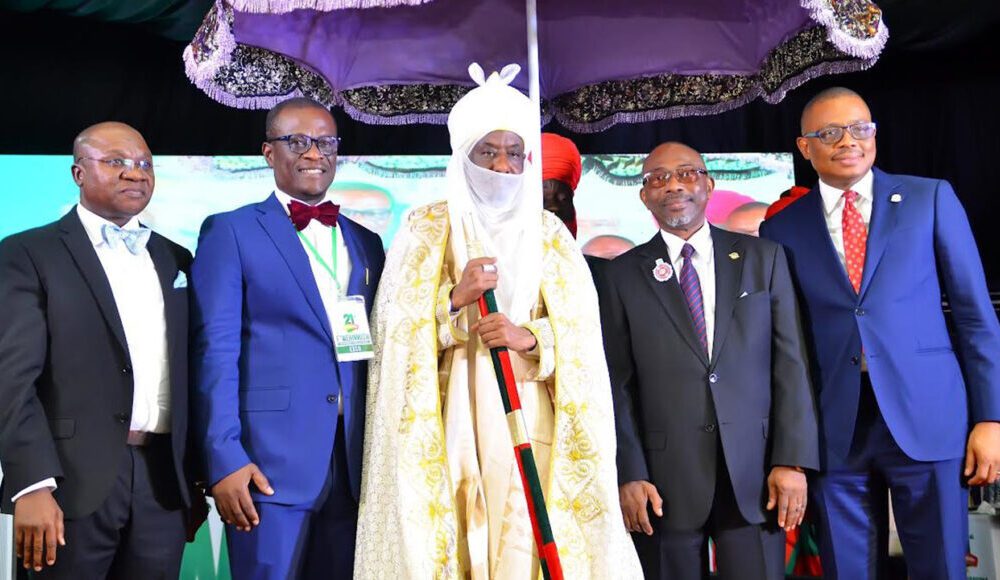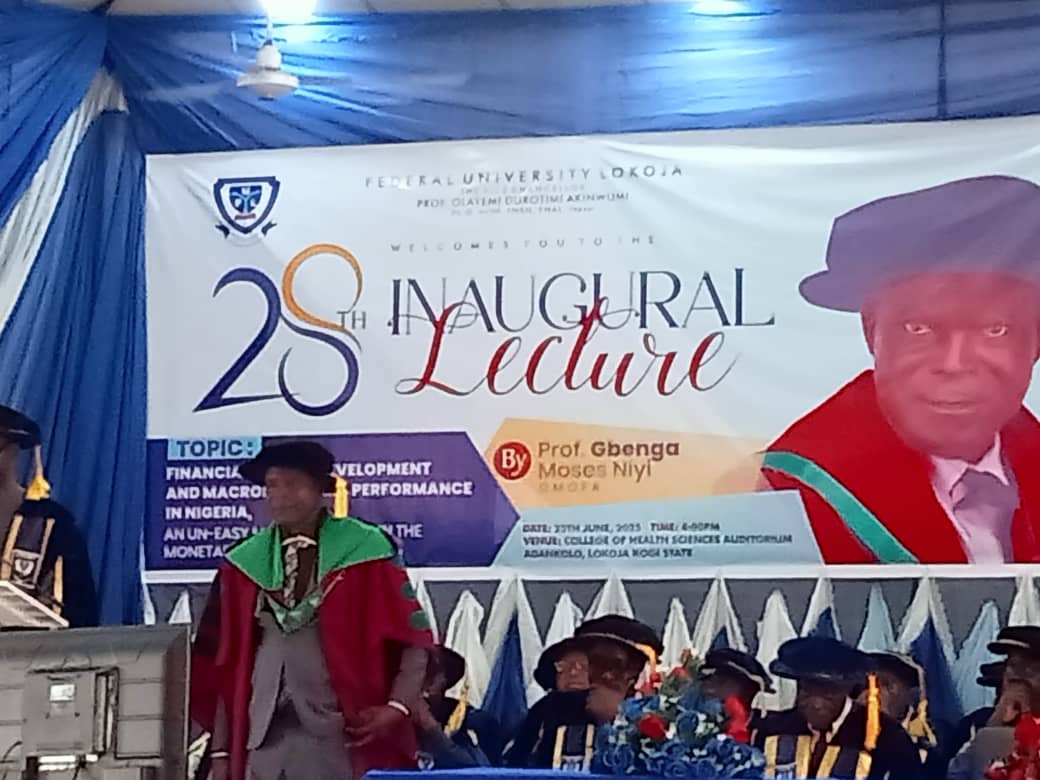Fresh plans by President Muhammadu Buhari to borrow another N6trillion, has been condemned by former Deputy National Publicity Secretary of the All Progressives Congress (APC), Comrade Timi Frank.
He said rather than continue to take loans thereby perpetually enslaving Nigerians, the the political activist said it is better for Buhari to sell Nigeria as an entity.
The fresh loan, according to Buhari in a letter to the Speaker of the House of Representatives, Femi Gbajabiamila, is meant to finance deficit in the 2022 budget.

Buhari’s letter reads in part: “As you are aware Mr Speaker, the new development both in the global economy as well as the domestic economy has necessitated the revision of the 2022 fiscal framework on which the 2022 budget was based.
“The total budget deficit is projected to increase from N965.42 billion to N7.35 trillion representing 3.99 percent of the GDP.
“The increment of the deficit will be financed by new borrowings from the domestic market.”
Frank who is the United Liberation Movement for West Papua (ULMWP) Ambassador to East Africa and Middle East, in a statement in Abuja, described the move to further pile up debt by Buhari as unconscionable, immoral, anti-people and anti-God.
He insisted that it is better for Buhari to sell Nigeria and share the money among APC loyalists since his appetite for both domestic and foreign borrowings appears insatiable.
He urged Buhari to know that poverty in Nigeria has grown in equal proportion with loans already taken as the true intention for the debt has not been for development but to be shared through corrupt deals.
He lamented that despite the huge amount of loans already amassed by the Buhari regime the country was still ranked the poverty capital of the world, a clear evidence that the loans never benefited the poor masses or the completely knocked down nation’s economy.
“How can we have a President that only knows how to borrow with no tangible project to show for what has been borrowed.
“Nigeria today is beset by insecurity but Buhari cannot account for over N10trillion defence budget since 2015.
“Nigeria was fortunate to secure debt forgiveness and cancellation during the administration of President Olusegun Obasanjo. But Buhari has since acquired over ten times the value of Nigeria’s debt that was written off by the Bretton Woods Institutions, that is, the World Bank and the International Monetary Fund (IMF).
“It is unfortunate that the Buhari’s regime has turned out to be the worst government since this democratic dispensation in view of its attempt to completely subjugate Nigerians to poverty by making them slaves to creditor nations and institutions across the world.
“As the 2023 general elections draw near, Nigerians are being presented with an opportunity to vote in better and credible political leaders that would help free the country from the debt burden foisted on it by the Buhari-led APC regime, and ensure genuine development of the country,” Frank said.




